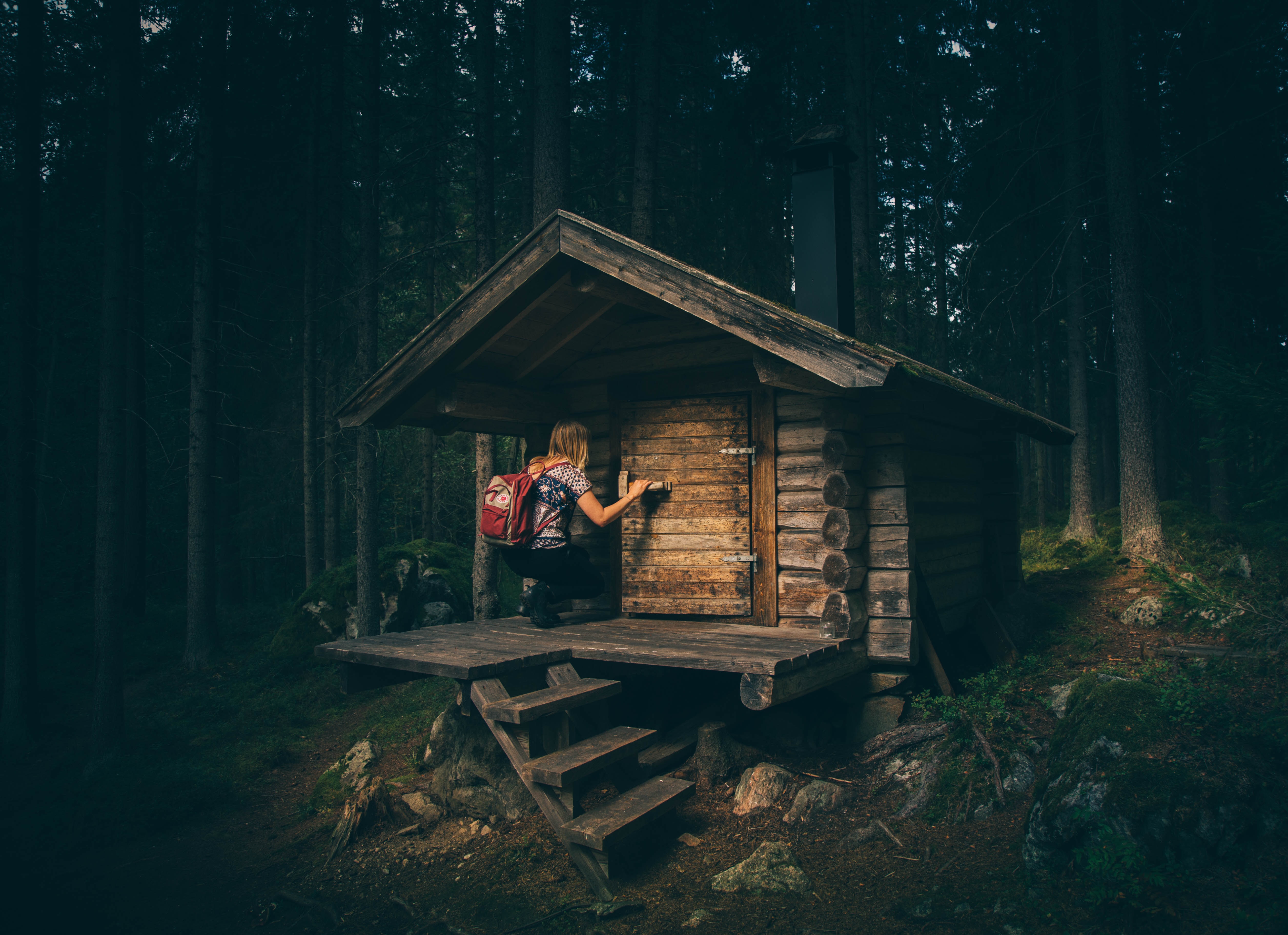Have you ever dreamed of leaving all your worries behind and escaping to the bush? Well, as it turns out, there’s a lot more to off grid living than meets the eye.
The definition of off grid living is: living in a self-sufficient manner without reliance on one or more public utilities. This means using your own resources for electricity, gas, heating and food. For some, it also means creating their own home from found materials. Ultimately, the aim is to be completely self-sufficient.
Why Off Grid Living?
There are a number of reasons people choose to go off grid. It’s a great way to reduce your costs as well as your impact on the environment. There are of course, lots of other reasons. Sometimes people just want to get out and explore nature! Getting back to a more “natural” way of life appears to be something more people are yearning for, there has been a massive increase in the number of people going off grid. But it’s not all rainbows and veggie patches. It’s hard work. Removing your household from easy to access electricity is no small feat. Relying on generators and solar systems to run your household appliances can take some getting used to. It’s also a massive investment, both time and money wise.
Fast Facts:
- Off grid usually refers to people who run a home that does not rely on the main electricity grid in their area to power their home
- Other movements like the back-to-land movement and tiny house living tend to go hand in hand with off grid living.
- Although it’s difficult there are success stories of groups that have sustained the lifestyle for decades.
- Some people even go as far as to forgo a traditional toilet and opt for a compost toilet instead
LiveTribers, would you ever consider going off grid? Could you live without your creature comforts?









